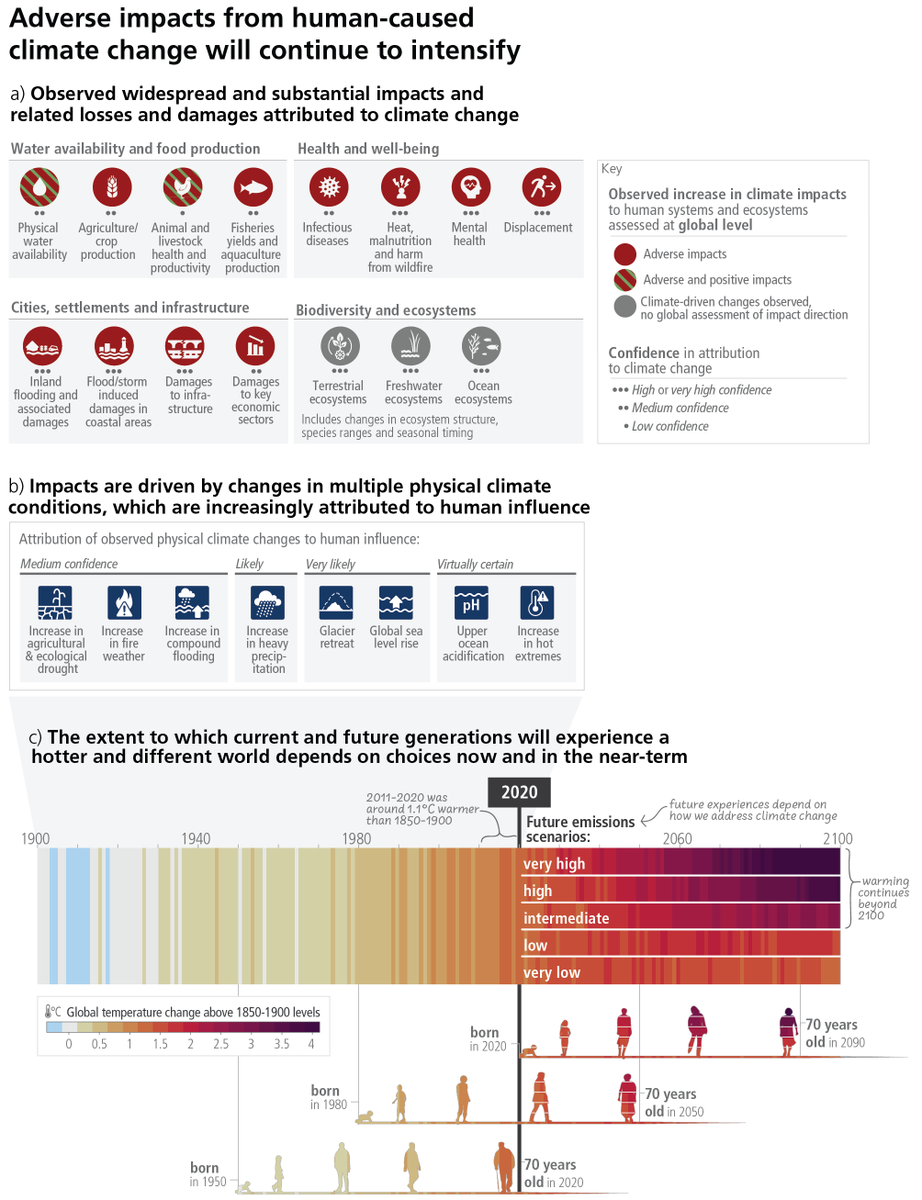In light of rising global emissions, it's good to stay optimistic, because, as @CFigueres et al write, "every fraction of a degree matters" nature.com/articles/d4158…
But it's irritating that a @nature commentary contains several factual errors & questionable claims, for example...
But it's irritating that a @nature commentary contains several factual errors & questionable claims, for example...

The EU does not intend to ramp up its 2030 target from 40 to 55%.
@Europarl_EN had a resolution on this, but doesn't decide on headline targets. 28 heads of state and government do, unanimously.
@EU_Commission suggested 45% this summer, was stopped by German Chancellor Merkel
@Europarl_EN had a resolution on this, but doesn't decide on headline targets. 28 heads of state and government do, unanimously.
@EU_Commission suggested 45% this summer, was stopped by German Chancellor Merkel

While general support for climate action might remain strong among non-state/sub-national actors, UNEP Emissions Gap Report 2018 (ch5) notes that it's almost impossible to evaluate the mitigation impact these commitments really have, giving a low estimate unenvironment.org/resources/emis… 

Deployment of renewables certainly speeding up, but given the continuing rise of fossil fuel use shown in left figure, 'snowballing' is a little bit misleading, all the more since net-zero is about bringing fossil fuels down.
btw: RES half of new electricity capacity, not energy
btw: RES half of new electricity capacity, not energy

Finally, it's misleading to put getting a UN agreement (w/o rulebook) on a level with achieving a decarbonized world economy within 32 years. The latter will require much more than imagination.
Latest emissions data shows that trying to talk things into being doesn't work
#COP24
Latest emissions data shows that trying to talk things into being doesn't work
#COP24

• • •
Missing some Tweet in this thread? You can try to
force a refresh
















